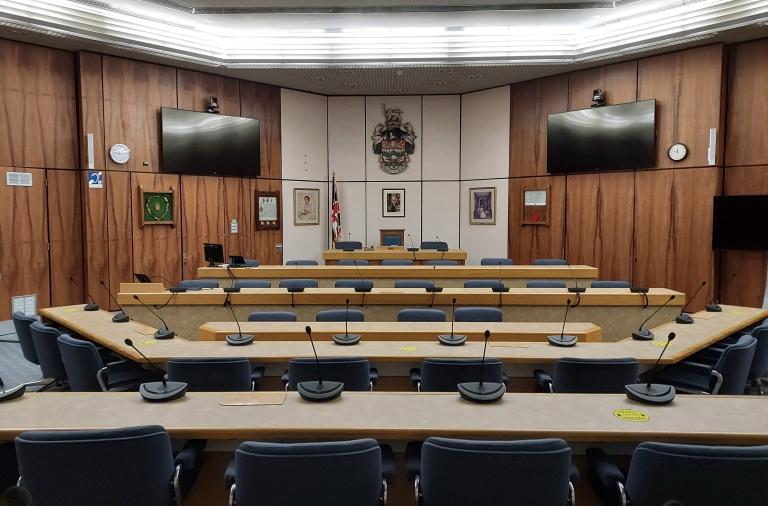Published on
5 February 2025
Chief Finance Officer's report findings
The report highlighted how little Wokingham Borough receives from the Government compared with other authorities

Wokingham Borough Council is in a relatively healthy financial position despite the pressures of low government funding and the increasing cost of meeting residents’ needs, according to a report presented ahead of its budget setting.
The Chief Finance Officer’s report to the council’s decision-making Executive last Thursday highlighted how little Wokingham Borough receives from the Government compared with other authorities.
- Wokingham Borough has the lowest funding level in Berkshire
- Wokingham Borough receives the lowest settlement funding assessment (the annual Government grant to pay for services) per person of all unitary authorities in the country
Setting a robust, balanced budget
Despite these issues, the council will be able to set a robust balanced budget for 2025/26 thanks to a programme of efficiencies and close control of all spend to ensure value for money.
Executive member for Finance Cllr Imogen Shepherd-DuBey said: “Our residents get a bad deal from the government, so we have to make sure they get a good deal from us. We look at all expenditure to make sure it is bringing real benefit to people. This care helped us identify more than £11.6m saving for 24/25 after already having found £11.8M the previous year.
“The budget we will set on February will show that this care and attention has paid off as we are able to continue providing vital services to all our residents.
“But we are not complacent and there are some very difficult times for councils including ours in the years ahead. Costs are going up and the support we get from the Government is going down and so we do need to be prudent, make sensible investments and monitor our spending carefully.”
How council money is spent
Wokingham Borough Council spends most of its money (more than 60%) on looking after and supporting those who need it most – people with learning difficulties, physical disabilities, mental health issues and older people with care needs. Its budget this year will again seek to prioritise this support.
Other areas of expenditure include waste collection services and highways maintenance, although many building and improvement projects are funded from housing developments or specific grants rather than by taxpayers.
Cllr Shepherd-DuBey said: “There is a common misconception about some of the building and improvement projects locally, such as cycleways or road junctions. These are often funded from developers’ contributions or from specific grants, so the money used on them cannot be used to pay for basic services.
“Where we have invested in bricks and mortar, it has been on schools, roads, care homes and other essential infrastructure.”
Council lobbying Government
As one of the worst funded authorities in the country, Wokingham Borough has been lobbying for changes to the way Government allocated funding. The council is calling for:
- A new funding model that is not based solely of levels of deprivation but on the real cost of providing services
- Longer funding settlements for better long-term planning
- Funding matching inflation and general cost increases
- Funding that takes into account local needs in adult and children’s social care
Leader of the council Cllr Stephen Conway said: “It seems highly likely that more councils will face effective bankruptcy in the next few years, and we are not immune from the threat. Our prudent budgeting has kept us in a reasonable position, but the Government’s low funding, combined with the increasing cost of supporting people who need us, makes it harder and harder. There will come a time when our position is not sustainable unless something changes at national level.
“In addition to the low general revenue funding, two key issues for us and other councils are the Dedicated School Grant and Special Educational Needs and Disabilities (SEND) funding; neither of which are anywhere near sufficient to meet needs. These are significant issues that can only be fixed by structural changes in the way Government provides funding.”
The Chief Finance Officers report was presented to the Executive on Thursday 30 January and the budget will be set at a full meeting of the council on 20 February.
More information
Special educational needs and disabilities (SEND) can affect a child or young person’s ability to learn. They can affect their:
- behaviour or ability to socialise, for example they struggle to make friends
- reading and writing, for example because they have dyslexia
- ability to understand things
- concentration levels, for example because they have attention deficit hyperactivity disorder (ADHD)
- physical ability
